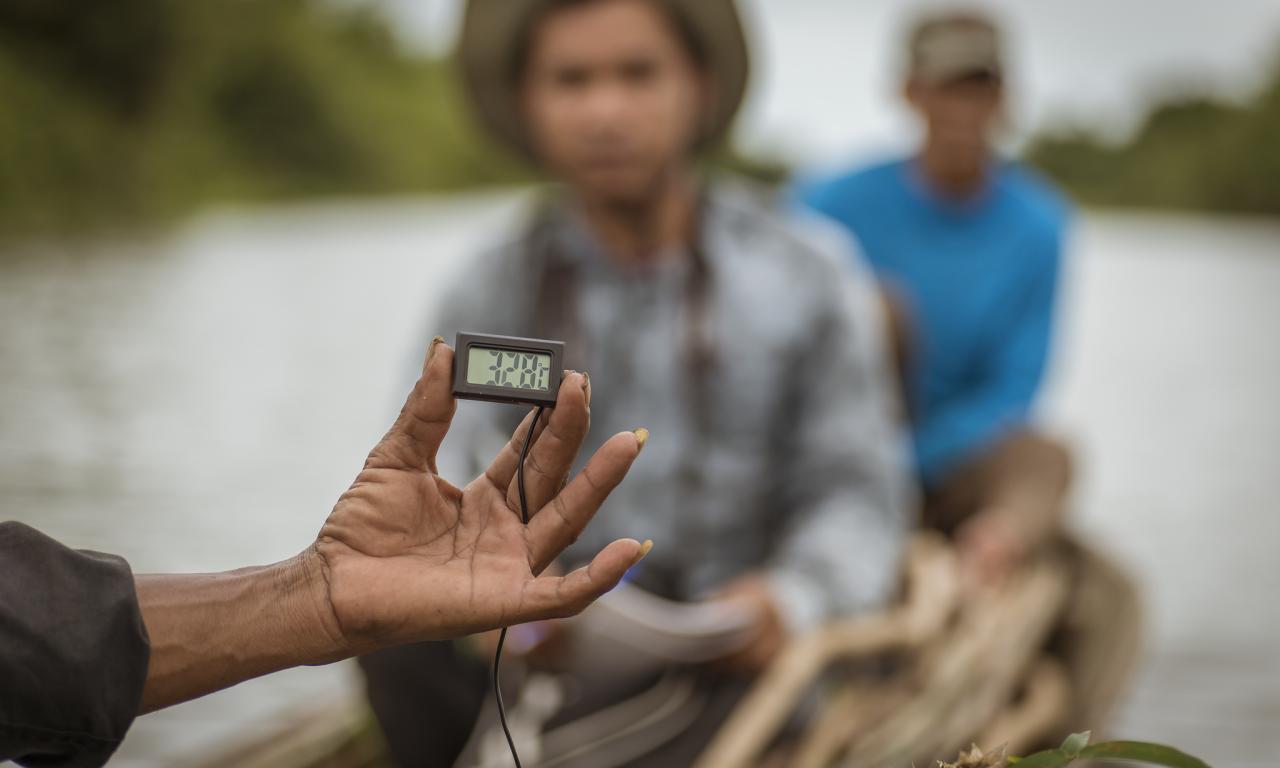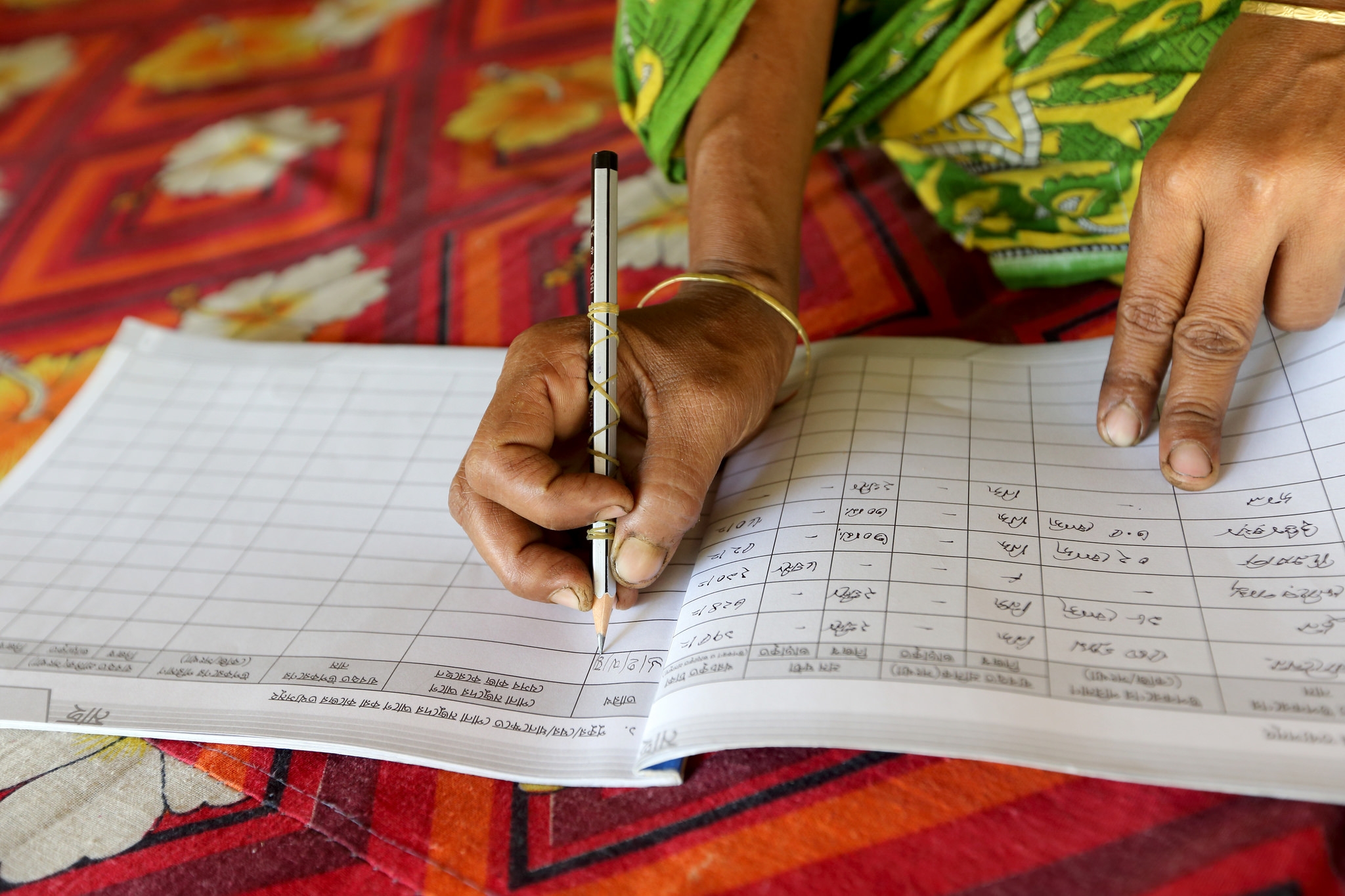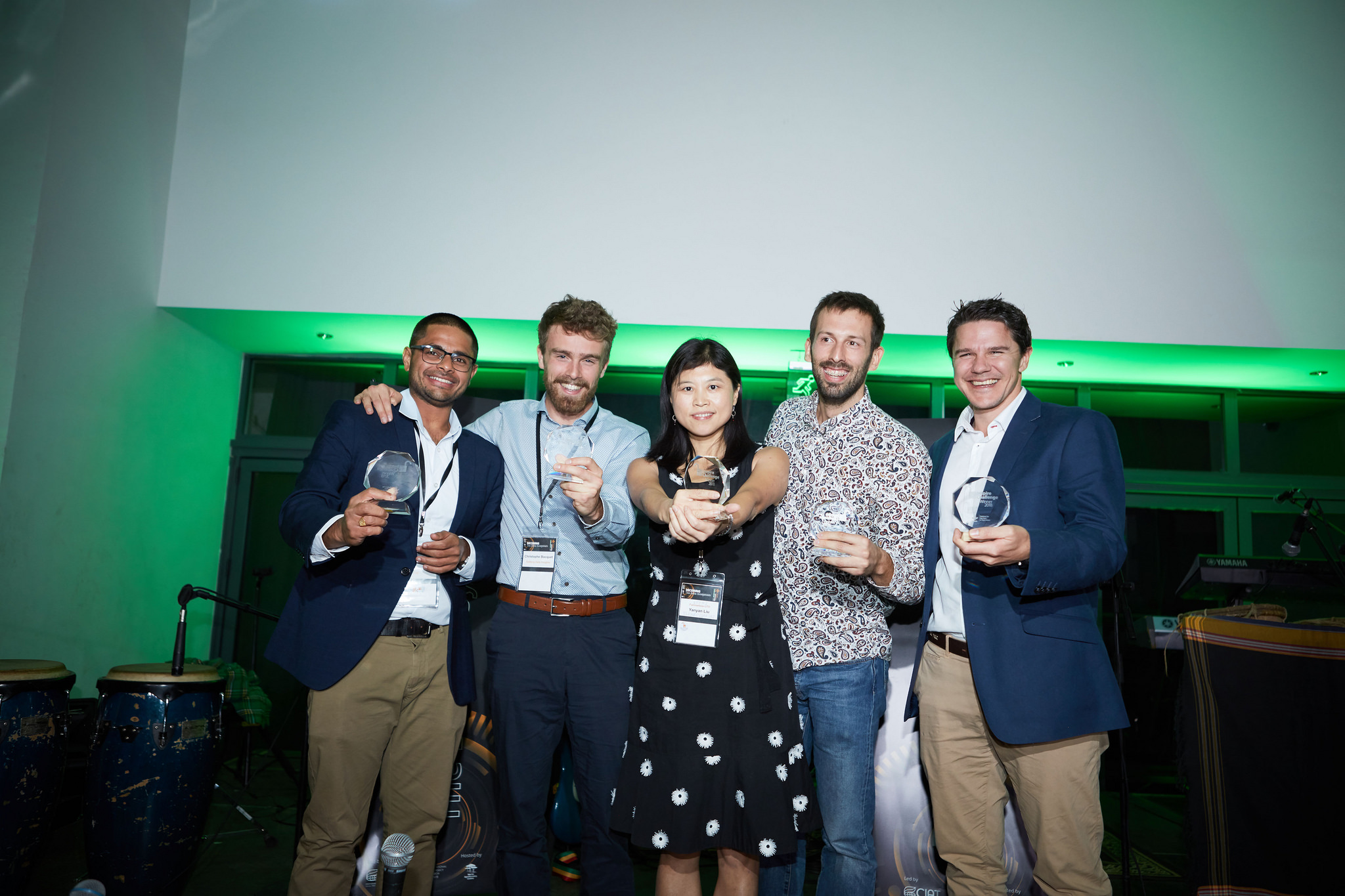
Recent progress on open access and open data is helping WorldFish to improve efficiencies and enhance innovation and impact in an era of increasingly complex data sets.
Recommended publications
- Predicting vulnerability to management changes in data-limited, small-scale fisheries
- Strategies for the sustainability of online open-access biodiversity databases
- Monitoring and evaluations strategy brief
WorldFish has been a leader in aquaculture and fisheries development for decades, producing valuable outputs that are generally considered to be global public goods. Recognizing the need to make these outputs findable, accessible, interoperable and reusable (FAIR), WorldFish has made a strong commitment to open access and open data (OA-OD), signing on to the CGIAR’s Open Access and Data Management Policy.
Significant progress was made in 2018 on both OA-OD and the ‘FAIRness’ of WorldFish information products. “In the past, project data was often stored on a computer in a country office. This made the data difficult to access and share, reduced accountability and increased the risk of loss,” says Jacquie Muliro, who joined WorldFish in April 2018 to oversee the organization’s data management requirements.
“One of my first priorities was to establish data management guidelines and develop a folder structure that enables researchers and project managers to capture data as it comes in. I piloted the folder structure system with the FishTrade project and the Blue Economy Challenge, which are both coming to an end this year. FishTrade, for example, was collecting data from nine countries. The new system really helped the project to input and manage its data in an organized way before the data is made open.”

The system will be rolled out to all projects after the WorldFish Monitoring, Evaluation and Learning (MEL) Platform goes live in 2019. The MEL Platform is integrated with Dataverse, an open-source web application developed at and hosted by Harvard University to share, archive, find and cite research data. Data will be uploaded via the MEL platform and, after quality checks and anonymization, automatically published to Dataverse.
Besides operational efficiencies and improved accountability, there are other benefits of sharing data openly, says Muliro. “We are the only CGIAR Center focused on fish. I want us to be the place where people come to find quality, credible data on fish. In addition, journals are increasingly asking for a link to data when researchers submit a paper. Making data open is free, unlike a journal article, and the availability of this data can increase researchers’ citation ratings.
Data management communities of practice
Muliro has also been working to strengthen links with CGIAR working groups and communities of practice to learn from other Centers.
“The CGIAR Platform for Big Data in Agriculture has various communities of practice. In the past year, we have become a much more active member of the platform. An example of this is our participation in the Platform for Big Data’s annual convention in October in Nairobi where we submitted three entries to the platform’s 2018 Inspire Challenge.”
The Inspire Challenge encourages the use of big data approaches to advance agricultural research and development. The winning entries, which were announced during the convention, are innovations with real potential for developmental impact, have mobilized underused or misused data, and demonstrate meaningful partnerships with CGIAR and other sector members.
One of the WorldFish entries, An integrated data pipeline for small-scale fisheries, was selected as a winner from more than 130 submissions in four categories: Revealing Food Systems, Monitoring Pests and Diseases, Disrupting Impact Assessment and Empowering Data-Driven Farming.
The proposal, which falls under Revealing Food Systems, aims to uncover the hidden contribution of fish to the livelihoods and food and nutrition security of over 3 billion people around the world.
The award included USD 100,000 in project funding. The team will have 12 months to implement the pilot and can then present their results to a panel of judges in October 2019 to compete for a further USD 250,000 Scale-Up grant.

Developing fish ontologies
Looking ahead, the data management team will build on the foundations laid in 2018. A data management training for research leaders is planned for the first quarter of 2019. A series of webinars will also be launched, starting with a webinar given by the Platform for Big Data’s ontology community of practice leader.
“One of the outcomes of this event is to get our scientists to help in improving some of the fish ontologies and even developing ontologies where they are lacking,” says Muliro. “Finally, we are reviewing mobile data collection tools so that we can make recommendations on the best ones to use in the field.”
Implementing OA-OD in a harmonized manner will not only enable compliance with an increasing number of donor policies, it will also empower researchers to improve efficiencies and enhance innovation and impact in an era of increasingly complex data management.
